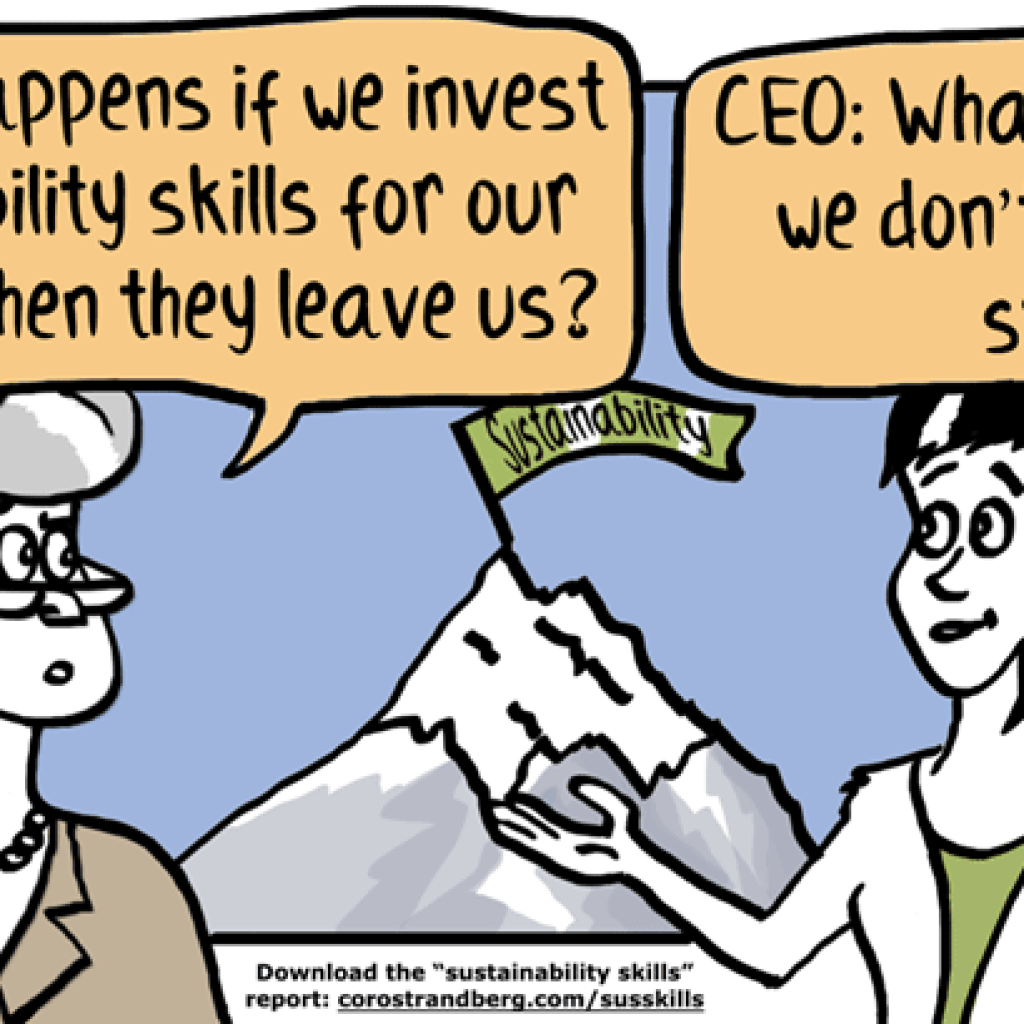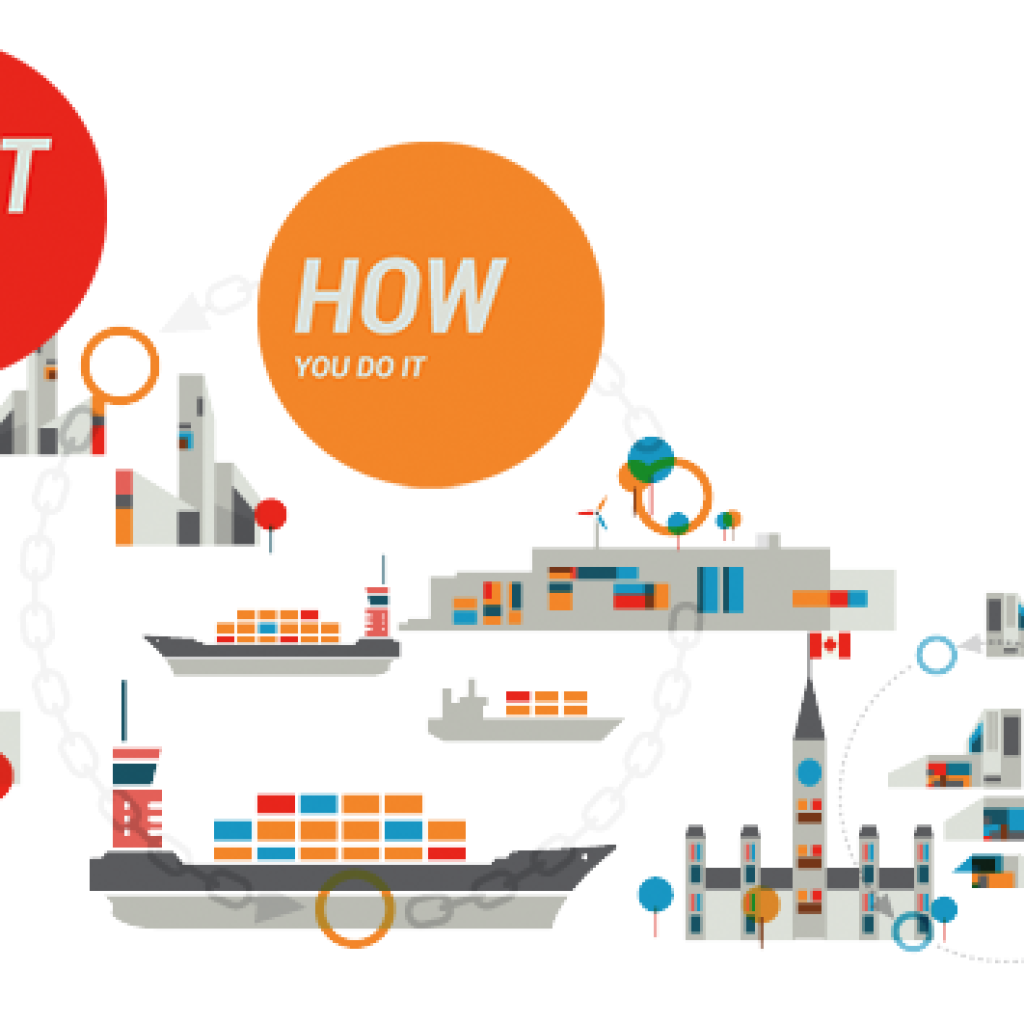Should sustainability be embedded in HR?

There’s an urgent challenge for human resources leaders: Ensuring their organizations anticipate and plan for the inevitable effects of powerful sustainability trends.
Your Sustainability Strategy is Set. Now What?

Increasingly, a growing number of organizations put a lot of effort into designing and adopting sustainability strategies only to find themselves struggling with implementation and buy-in after the honeymoon period.
Have your say: Public invited to provide input on new international standard for sustainable procurement

With the prospect of 9 billion people co-existing on our planet by 2050, progressive businesses recognize the need to reduce their impacts, maintain access to scarce resources, meet changing customer expectations and protect their brands. Companies that fail to do so will ultimately lose their social license to operate, disappoint customer and stakeholder expectations and miss out on an opportunity to gain competitive advantage.
Transformational companies move beyond incremental impacts to create long-term value for business and for society

Far-sighted leaders envision and catalyze a future in which their company is harnessing all of its assets, resources, people, capital, influence, relationships and scale to accelerate positive business and social growth. They do this not as an add-on incremental strategy, but through their core services and products. These trailblazing companies are redefining the standard in sustainability leadership.
Energy Efficiency: A boardroom and business imperative

Growing trends highlight the importance of businesses investing in energy efficiency measures to address organizational risks and opportunities. Read on to learn about forces such as rising electricity prices, climate change impacts and changing regulator, investor and customer expectations, and how they can affect your organization.
Going long, going strong: Future-fit organizations include sustainability in leadership recruitment and training

Over the past few weeks, several people have shared with me how they’re using my competencies research and guide to define the leadership skills and knowledge needed for long-term business – and societal – success.
The virtuous circle effect
Every company needs strong leaders at its helm. But what made leaders successful in the past may not equip them to be effective in the future. Current and future leaders will need a host of new skills and competencies to address the intensity of the many economic, social and environmental challenges over the next 10 to 20 years.
Building Resilient Organizations
“Active values” is a business competency embraced by leaders who define success as making a positive difference in the workplace and in society as a whole. It takes both an inward and outward focus to realize the longer-term impact and the success of an organization’s sustainability efforts.
Sustainability Literacy
Sustainability literacy is the only leadership competency in the Sustainability Talent Management guide that refers explicitly to sustainability. Leaders who have a foundational grasp of the language and principles of sustainability are more likely to have the knowledge and mindset to understand its relevance to their business and society. Those who manage departments, budgets and staff need to be familiar with these ideas to bring them into their mandates and act on them.
Social innovation benefits one, all
Organizations that will survive in today’s economy are innovators: just to remain in the same place, they have to accelerate innovation in the firm. Companies that will thrive in today’s economy are those that embrace social innovation with its focus on innovating business for both financial and social success.
External collaboration: Working collectively to find solutions
Collaboration isn’t a new core competency for business leaders; to succeed in organizations, leaders must work together with others. The shift, though, is the focus on external collaboration. Achieving sustainability goals and improving impacts requires that leaders join forces with other organizations to tackle systemic sustainability issues in the value chain and its operating context.
Systems Thinking: Connecting the Parts to the Whole
Forward-thinking companies should add five competencies – three skills and two knowledge areas – to their existing leadership competency models to position the firm for future success.